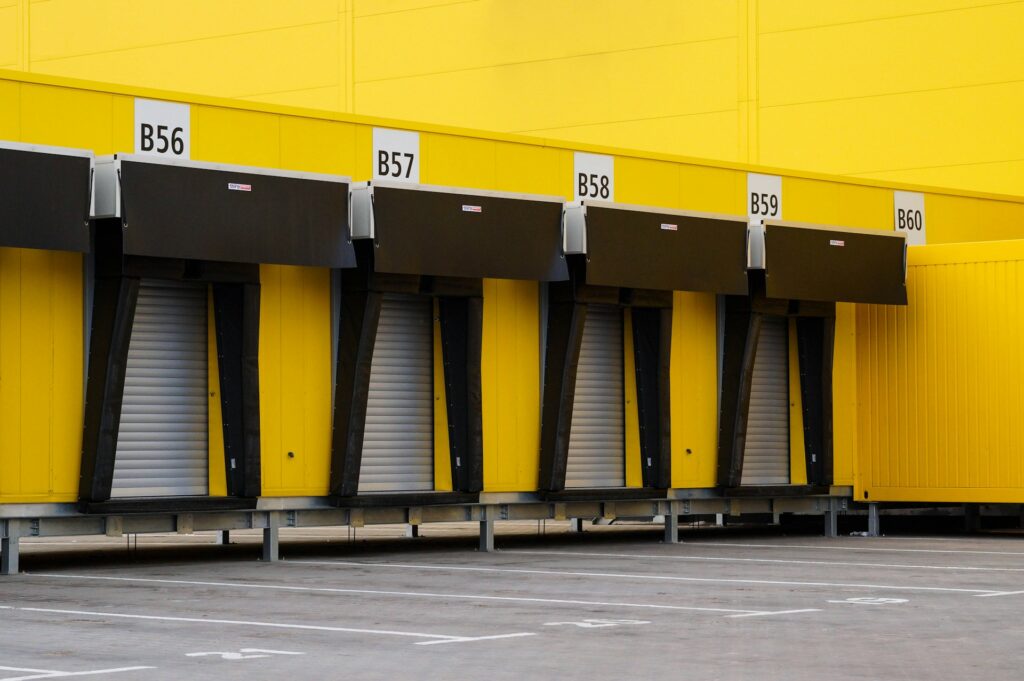
Understanding Your Storage Requirements
When embarking on a quest to identify the ideal storage solutions for your business, a thorough assessment of your storage needs stands paramount. It’s not just about finding a space to stash away items; it’s about understanding the nature, volume, and accessibility requirements of the items you plan to store. Engaging in a detailed inventory is a vital step. Measure the dimensions and characteristics of bulky items. Consider your storage plans: Are you storing seasonal goods, excess inventory, or crucial business documents? The type of materials you’re dealing with will guide your choice towards suitable storage services.
Another facet to ponder is growth potential. Businesses evolve, and so do their storage needs. Future-proofing your storage decision means opting for a solution with flexibility, enabling adjustments in space allocation. For instance, e-commerce companies often encounter fluctuating inventory levels and must plan accordingly. Furthermore, certain materials may have unique storage requirements, such as climate control, to mitigate damage from environmental conditions.
Types of Storage Units
In a world with diverse business operations, commercial storage solutions have evolved to meet a wide range of needs, prompting storage facilities to expand their offerings to include an array of unit types. Traditional storage units continue to be popular choices. Housed within facilities, these units emphasize security and often offer enhanced features such as climate control and 24/7 access. They are a logical choice for businesses seeking a stable, secure environment for their commercial storage needs.
On the other hand, businesses with fluid logistics often benefit from the adaptability of portable containers. These versatile units provide the convenience of delivering storage right to your doorstep. Particularly useful during business relocations or renovations, they allow flexibility in packing and moving, offering unparalleled convenience. Businesses can fill them up at their leisure, and once ready, move them to any desired location, making them an excellent option for dynamic commercial storage requirements.
Climate-Controlled Units: Are They Necessary?
The decision to invest in climate-controlled units hinges mainly on the types of items being stored. These units maintain a consistent temperature and humidity level, which is crucial for preserving sensitive items. For businesses dealing with perishable goods, valuable electronics, or irreplaceable documents, climate control can prevent degradation and loss of value.
For example, art dealers often rely on climate-controlled environments to safeguard paintings and sculptures from moisture damage. Conversely, businesses handling non-perishable items or goods without stringent environmental requirements may find regular units sufficient. Weighing the nature of your inventory against the cost of climate-controlled options will ensure you make an economically sensible decision.
Understanding Pricing Options and Contracts
When it comes to storage solutions, uniform pricing does not exist. Factors such as unit size, location, and additional feature provisions influence costs significantly. The key to ensuring you don’t overspend is understanding the contractual terms associated with your storage choice. Monthly rental contracts offer independence but may have higher rates. For businesses with predictable storage needs, long-term contracts present cost efficiencies.
Scrutinizing contracts for hidden fees, like insurance costs or penalties for early termination, can prevent unforeseen budgetary strains. Evaluate payment flexibility as well — facilities offering various payment options can cushion the financial burden on cash-strapped startups. Proper evaluation of pricing models laid out by facilities will inform balanced and economically viable decisions.
Security Features to Consider
Surveillance Systems
Modern storage facilities heavily invest in cutting-edge surveillance systems to ensure security. A reliable CCTV setup can deter potential intruders and protect your valuable inventory. Consider facilities with around-the-clock surveillance, ideally with redundant setups for continuous operation in case of system failures. This vigilance ensures business owners’ peace of mind.
Entry Controls
Robust entry control systems reinforce a facility’s security barrier. Facilities equipped with individual access codes or biometric scanning can significantly mitigate unauthorized access risks. Coupled with electronic logs, access attempts can be tracked, granting facility managers insight into unusual activities.
On-Site Management
An often-overlooked yet vital security component is vigilant on-site management. An immediate response to potential security threats can decisively minimize risks. On-site managers enhance operational efficiency and elevate a facility’s security stature. Their presence ensures ongoing oversight and directly addresses any irregularities.
Location and Accessibility
The convenience factor of a storage facility’s location can profoundly impact operational efficiency. A nearby arrangement can streamline logistical operations, reducing transportation costs and time commitments. Selecting a proximal facility will be paramount for businesses that rely on prompt access to their stored goods. Consult resources like the U.S. Small Business Administration for insights on optimizing logistical workflows.
Additional Features and Amenities
Today’s storage facilities offer more than just a space to store goods. Advanced amenities can personalize your storage experience. For instance, internal lighting is useful for accessing storage units during late hours, while shelving can offer efficient space utilization, preventing clutter. Power outlets are desirable for companies needing to operate equipment directly within the storage unit. Assess whether these supplementary features align with your specific operational demands.

